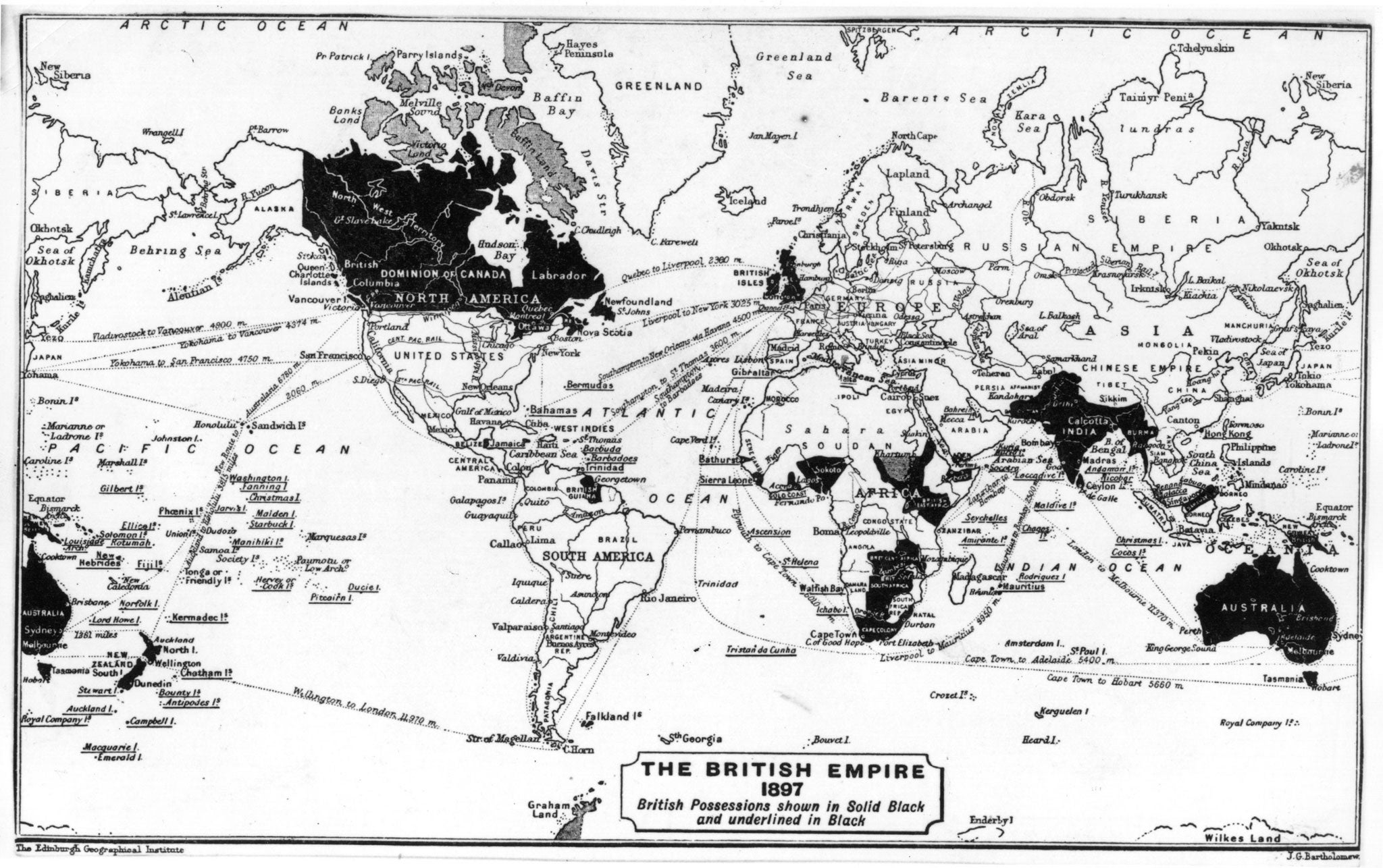We need to relinquish the idea of Britain as a great military power
The Dutch and Spanish have long since come to terms with dwindling status

Your support helps us to tell the story
From reproductive rights to climate change to Big Tech, The Independent is on the ground when the story is developing. Whether it's investigating the financials of Elon Musk's pro-Trump PAC or producing our latest documentary, 'The A Word', which shines a light on the American women fighting for reproductive rights, we know how important it is to parse out the facts from the messaging.
At such a critical moment in US history, we need reporters on the ground. Your donation allows us to keep sending journalists to speak to both sides of the story.
The Independent is trusted by Americans across the entire political spectrum. And unlike many other quality news outlets, we choose not to lock Americans out of our reporting and analysis with paywalls. We believe quality journalism should be available to everyone, paid for by those who can afford it.
Your support makes all the difference.Halfway through Joseph Heller’s magnificent anti-war novel Catch-22, the old Italian man in the whorehouse uses the eponymously-named logic to argue that Italy is doing better in the war than America because as Italy has already been occupied, Italians are no longer being killed. Moreover, America probably won’t last as long as frogs, who have been around for millions of years.
His hapless debating opponent, Captain Nately, is reduced to arguing in favour of America’s international supremacy and the values it represents. But his faltering patriotism and idealism fall on deaf ears.
This unforgettable exchange has often haunted me, possibly because of my dual heritage. I’ve grown used to incessant jibes about Italians allegedly being cowards, and the racial insult WOP apocryphally standing for Prisoner Of War backwards. No matter that it’s incorrect and the etymology is actually southern Italian dialect: from guappo meaning swagger (since you ask).
The old Italian came to mind over the weekend as Britain’s Foreign Secretary William Hague became the latest politician to argue defensively that Britain’s role in the world has not been diminished by last week’s parliamentary vote over Syria.
Hague’s well-meaning defence presupposes that our standing in the world continues to be defined by our ability to act as a global policeman. It touches upon our preferred definition of ourselves as a global military power alongside America, Russia and China and – arguably – the French.
Mr Hague also acknowledged that there was a great deal of unease about intervention in Syria among the British public in the wake of the Iraq war. And in that regard, the Commons did its job. In rejecting the Prime Minister’s wishes, it was reflecting the majority opinion of the people.
When I talk to so many foreigners about what they admire about Britain - and they usually do admire Britain – it is never because of our military might.
Conversely, they often have a more positive view of our democratic process than we do. It is exactly because we put such matters to the vote and adhere to the outcome that they do admire us. It’s a tricky thing, democracy. It doesn’t always go the way our leaders want it to, both at home or overseas – look at Egypt.
Even trickier is Britain’s quest to find peace with itself as a 21st Century middle-ranked power. The Italians, since Mussolini, have no greater global aspirations, preferring to focus on their culture, history, flair and other attributes. The Dutch, Spanish and Portuguese have long since come to terms with lost power. We still cling on. We need to let go, and stop apologising for its loss. We should be proud of who we are, not keep harking back to who we once were.
Stefano Hatfield is editorial director of London Live
Join our commenting forum
Join thought-provoking conversations, follow other Independent readers and see their replies
Comments